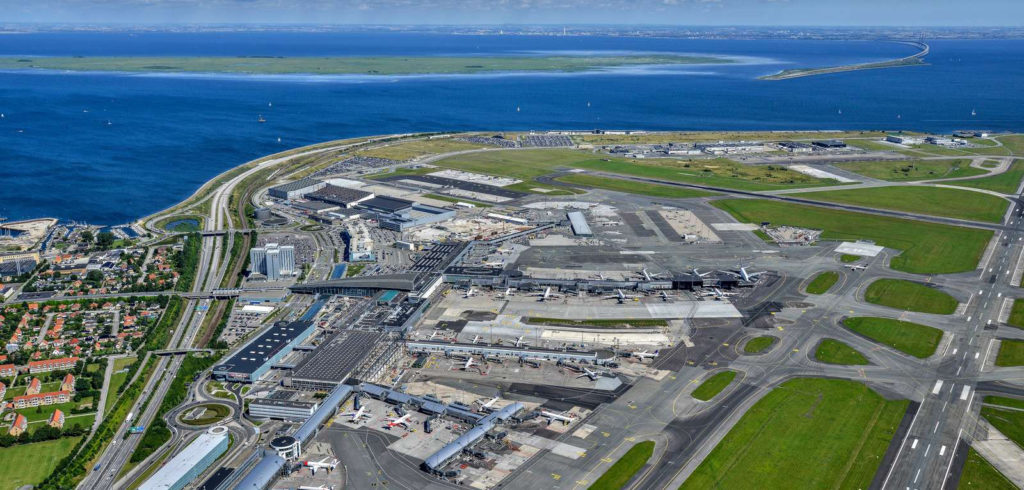Denmark’s Copenhagen Airport has announced a series of cost-cutting measures, including the postponing of planned investments, in response to the COVID-19 pandemic.
After reviewing all business areas, airport management has identified potential savings in the remainder of the year of Dkr250m-Dkr350m (US$37-US$51m) in current operating costs, including costs for marketing, consulting services and external contracts as well as reduced staff costs, not counting the effects of the wage compensation scheme that will be phased in gradually.
Management has also identified a number of current projects and investments that can be put on hold for the time being. Overall, this will mean CAPEX savings in the airport’s investment programme of Dkr400m-Dkr700m (US$58m-US$103m) for the remainder of 2020. Copenhagen is currently planning or carrying out a number of large development projects, including the airside expansion of Terminal 3, and the postponements being made will involve a portion of this project.
In addition, a number of smaller projects to upgrade the airport infrastructure will be put on hold, including certain climate initiatives such as the installation of new solar panels and EV charging points. All safety-related investments will be exempt from the cost-cutting program, the airport confirmed.
Copenhagen has also engaged with union representatives to discuss measures that can help the airport maintain minimum operations while cutting costs. As part of these efforts, the airport expects to make use of the wage compensation package offered by the Danish government.
The airport expects to apply the package for employees who will be temporarily sent home due to the sharp drop in operations. Copenhagen expects to temporarily send home at least 1,500 employees over the coming weeks, in what will be a gradual process. The airport has 2,600 employees in all, while the shops at the airport, the airlines and the handling companies employ between 22,000 and 23,000 people between them.
“While many airlines are currently shutting down large parts of their operations at Copenhagen, we have an important responsibility to keep the airport running and making sure that critical flight operations can continue. Our main priority is to make sure that the initiatives we’re launching now will not have a long-term negative impact on our ability to return quickly to normal operations when we have to. At the same time, we have to protect CPH’s financial foundation and our long-term potential to act as critical infrastructure in Denmark,” stressed Copenhagen Airport CEO Thomas Woldbye.


